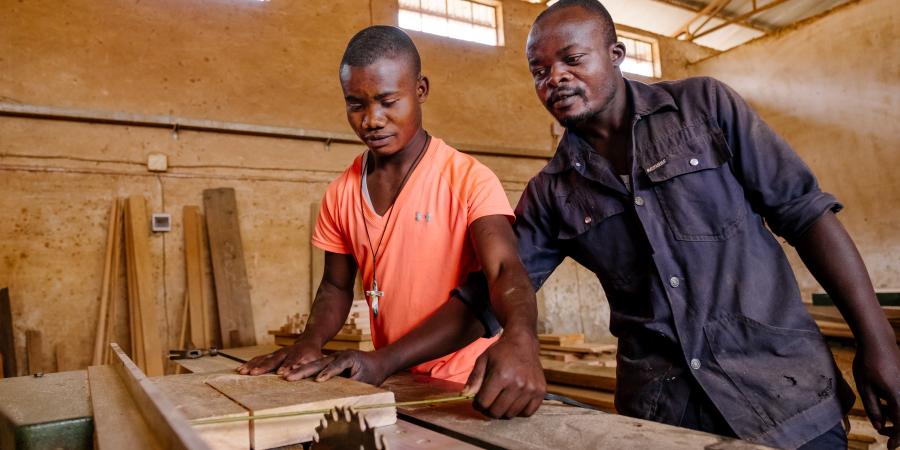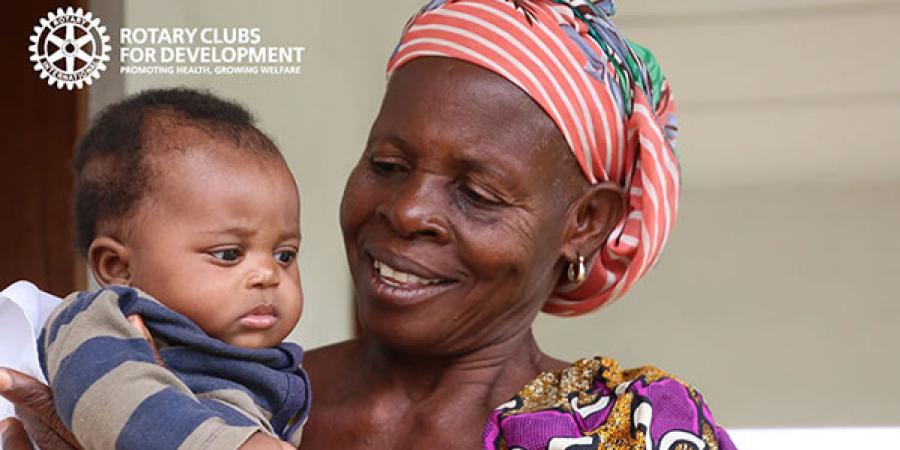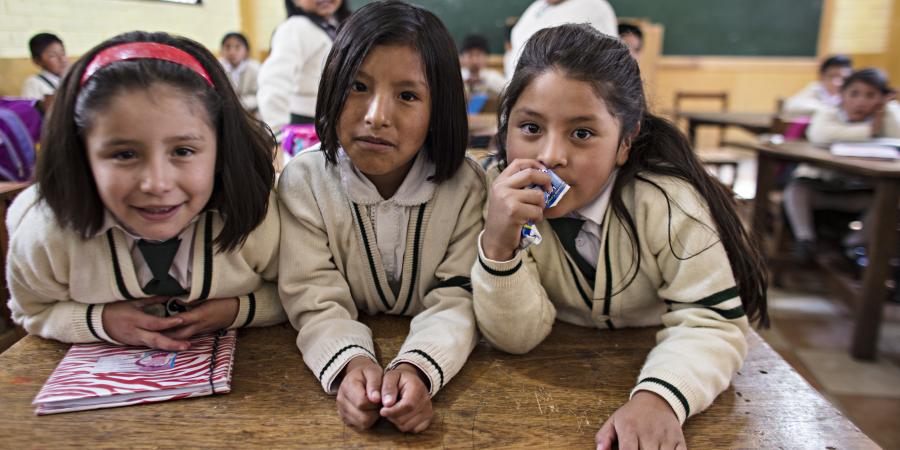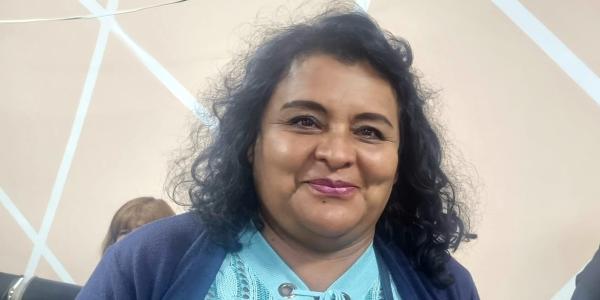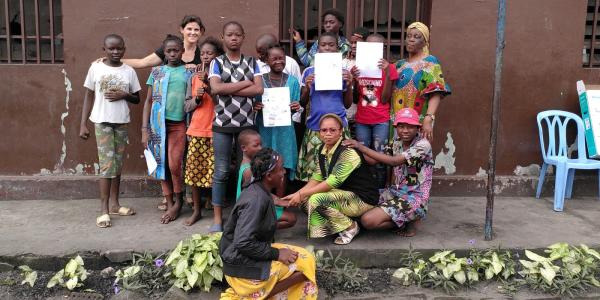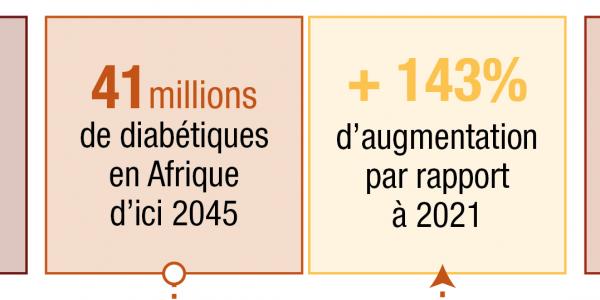
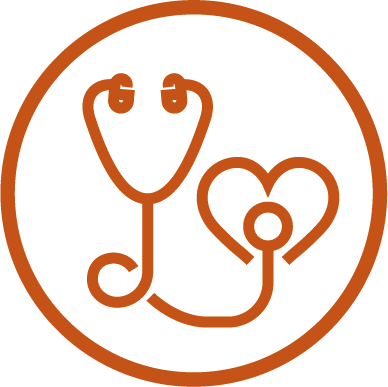
Non-communicable diseases
Louvain Coopération is involved in the integration of non-communicable diseases into primary healthcare, via support for governance and training of healthcare personnel, in order to ensure . prevention and medical and psychosocial management of these diseases. LC also works within communities by developing awareness-raising actions, aimed at supporting patients, as well as de-stigmatizing these diseases.
Louvain Coopération operates in two main areas:
We advocate a person-centered approach to care by involving the community in identifying, prioritizing, planning and monitoring their health needs. Other innovative community approaches are being implemented to give voice to the community and share experiences (discussion and consultation groups with health personnel and health authorities, patient clubs, etc.).
You can contribute by making a donation, becoming a volunteer, or supporting the dissemination of good medical and social practices.
We adopt an integrated approach combining training, community awareness-raising, strengthening of health structures and advocacy with the public authorities.
To meet the challenges posed by NCDs, Louvain Coopération is exploring innovative solutions:
- The use of mobile technologies for the monitoring of chronic patients.
- The development of online training platforms to strengthen the skills of healthcare personnel.
- The creation of discussion groups that bring patients together
- Learning between patients for prevention and care
- Raising awareness of nutrition in schools among mothers' groups
In the Democratic Republic of the Congo
Our actions are focused particularly on South Kivu, where we work with survivors of sexual violence and single mothers, as well as with children and young people living on the streets of Kinshasa and Bukavu. These vulnerable groups require specific multi-sector support combining medical and psycho-social support, legal assistance, and educational, professional and social integration....
See our project on the care of survivors in the DRC
In Bolivia
Our interventions include specific support for women who are victims of gender-based violence, who suffer physical and psychological consequences requiring medical, psychosocial and legal follow-up.
Increased action in specialized care
Thanks to our merger with Rotary Clubs for Development, we have expanded our scope to include eye care and increased access to basic care for all.
Non-communicable diseases disproportionately affect the most vulnerable populations.
In the Global South, they are often diagnosed late, leading to serious complications and increased treatment costs. Women, children and people living in precarious conditions are particularly affected, as they have limited access to preventive and curative care, including a varied and high-quality diet, which exacerbates the problem. Louvain Coopération is taking action to reduce these inequalities by strengthening prevention and support.
Prevention plays a key role in reducing the impact of NCDs.
Louvain Coopération is organizing awareness and screening campaigns in local communities, in collaboration with the health authorities. These initiatives make it possible to identify patients at risk and offer them care before the disease progresses.
Mutual health organizations, supported by Louvain Coopération, play an essential role in facilitating access to care for all patients, especially those suffering from NCDs.
Thanks to these organizations, patients can benefit from partial coverage of medical expenses, thus reducing the financial barriers to accessing healthcare.
They also act as relays for prevention, organizing large-scale awareness-raising and screening campaigns.
The lack of awareness, the cost of treatment and the scarcity of appropriate healthcare facilities are the major challenges to be addressed. Louvain Coopération is working to integrate NCDs into national healthcare policies and is working with communities to improve access to healthcare.
Non-communicable diseases (NCDs) are chronic conditions that are not transmitted from one person to another. They include cardiovascular diseases, diabetes, cancers and psychiatric or psychological disorders.
These pathologies are responsible for a growing proportion of diseases in countries in the Global South, where funding, human resources and infrastructure are often insufficient to treat them effectively. The lack of knowledge about these diseases among the population and the lack of resources for screening also aggravate the problem. According to the WHO, non-communicable diseases are responsible for nearly 74% of deaths worldwide. And nearly three-quarters of all these deaths occur in so-called low- and middle-income countries.
For Louvain Coopération, the fight against NCDs is based on an integrated approach, aimed at strengthening local capacities in terms of screening, care and support for patients, while raising awareness of risk factors among the population. We also collaborate with local health authorities to improve public health policies.
- " Seeing a child who is already desperate about their life is difficult"
Testimony of Marie-Noëlle, nurse in a reception center - " Breast and cervical cancer are wreaking havoc in sub-Saharan Africa"
Women's health is priceless. - " If a girl gives birth to a child out of wedlock, she is called a girl-mother. She is neglected by society and her family."
Testimony of Patrick Rukumbuzi, psychologist at CAMPS (partner of Louvain Coopération)
NCDs represent a growing burden in developing countries, with major social and economic consequences. Their prevention and management make it possible to sustainably improve the quality of life of vulnerable populations.
Our actions
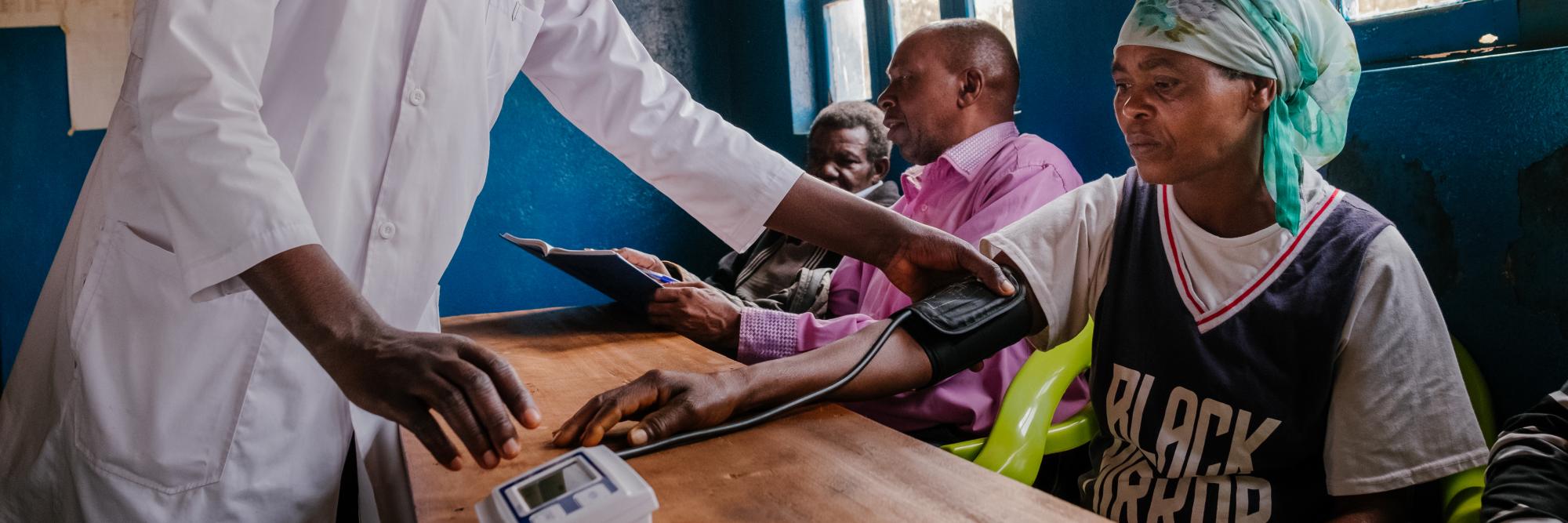

RDC
Strengthening the health system
- Project duration: 2022 - 2026
Our Objective:
To improve the physical, mental and social well-being of the people of South Kivu by strengthening access to quality, person-centred healthcare that integrates mental health and the prevention of non-communicable diseases such as diabetes and hypertension.
Our Actions:
- Integration of mental health and nutrition into primary healthcare;
- Training of healthcare personnel (doctors, nurses, psychologists, laboratory technicians) in person-centred care;
- Support with essential medicines for the management of diabetes, hypertension and mental disorders;
- Emergency support with healthcare equipment and medicines for health centres following the conflict in South Kivu;
- Strengthening governance and the capacities of local health structures;
- Support for community participation through the involvement of health committees, patient groups and local leaders;
- Awareness-raising and support for vulnerable groups, particularly street children;
- Support for regulators (health administration, supervisory staff) to ensure consistent and sustainable oversight.
Our Impact:
This project improves the quality of care for thousands of patients and reduces the stigma associated with mental health. It strengthens the capacities of healthcare providers at all levels, promotes the inclusion of the most vulnerable, and fosters a more humane, preventive, and participatory approach to care.
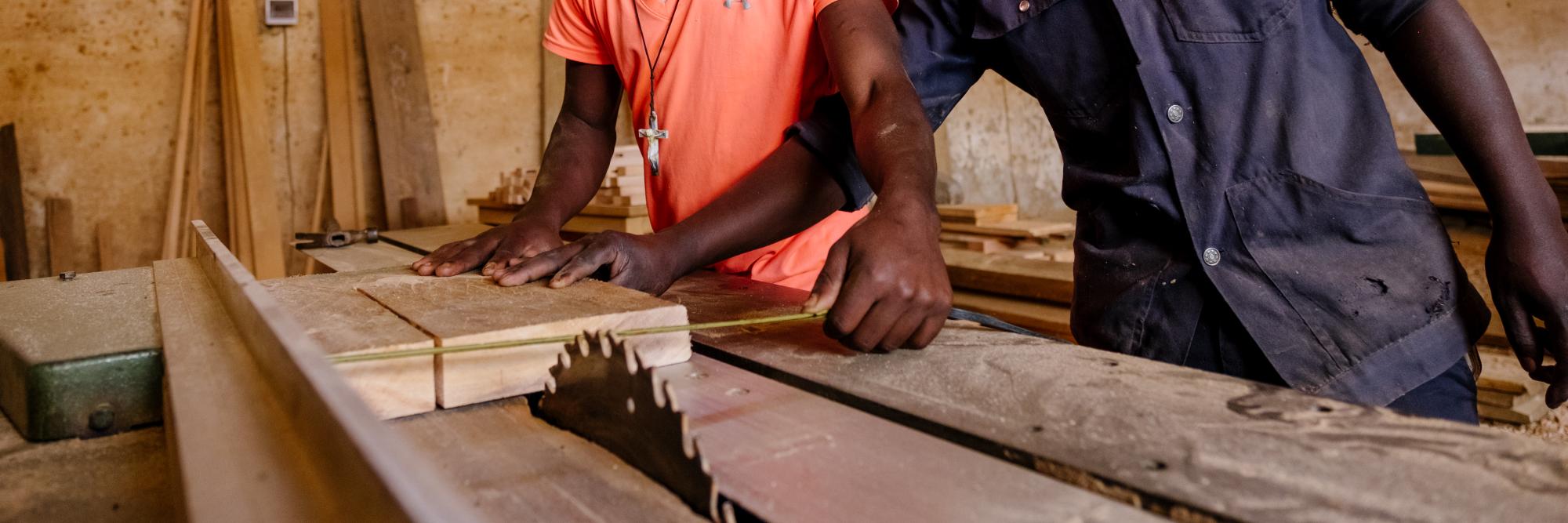

RDC
Support and reintegration of children and young people living on the streets
Four different projects are currently aimed at supporting and reintegrating street children and young people in Kinshasa. These are the “Street Children Project”, funded by Belgian Cooperation, “Tremplin”, funded by Enabel, the Belgian development agency, “Elenge na Mosala”, funded by the Brussels-Capital Region, and finally the “Learning Pathway”, funded by the King Baudouin Foundation.
- Project duration: 2022 - 2026
Our objective:
To promote the empowerment, socio-professional reintegration and dignity of young people living on the streets of Kinshasa by offering them a learning, training and support programme tailored to their needs.
Our actions:
- Reception and support for young people living on the streets, more than half of whom are girls;
- Vocational training in informal trades (cooking, beauty, cutting and sewing, electricity, mechanics, etc.)
- Practical internships with master craftsmen in the informal sector;
- Additional training in digital marketing, soft skills (behavioural and social skills) and entrepreneurship;
- Distribution of integration kits containing useful tools to help young people who have demonstrated strong motivation and empowerment skills to start their own businesses;
- Development of an inclusive approach promoting girls' access to traditionally male-dominated trades;
- Integration of a research component with UNIKIN (University of Kinshasa) to analyse integration pathways;
- Capacity building for teams at partner centres (psychosocial support, career guidance, integration).
Our Impact:
These projects offer a concrete alternative to exclusion for particularly vulnerable young people. They provide them with useful skills, recognise their potential and reconnect them with their economic and social environment. In this way, they help to build dignified and sustainable life paths.
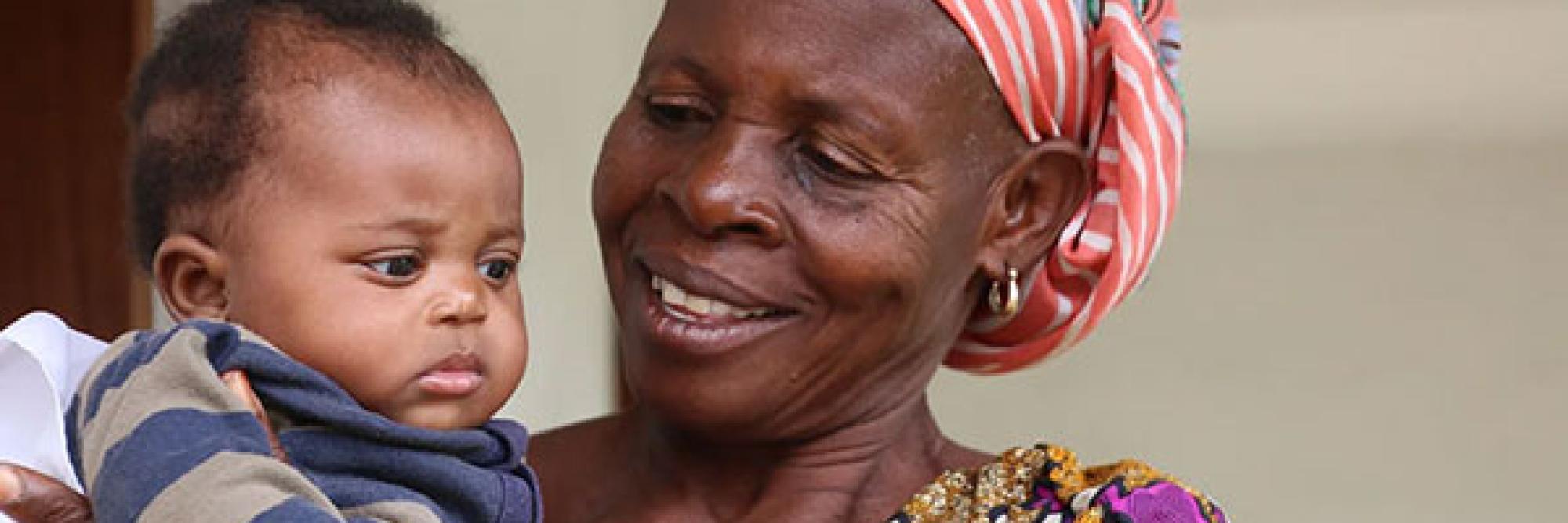

RDC
Inclusive vision: access to basic social services for the most vulnerable
- Project duration: 2022 - 2026
Our Objective:
To promote equitable access to quality basic social services — eye care, inclusive education and vocational training — for vulnerable populations, particularly women, visually impaired children and street youth.
Our Actions:
- Training partner service providers, particularly women, on social services and eye care;
- Supporting basic education for visually impaired children and vocational training for young people living on the streets;
- Logistical support and equipment for partner organisations (medical equipment, teaching materials, etc.);
- Support for infrastructure adapted to the specific needs of women and people living with disabilities;
- Strengthening the regional distribution centre in Lubumbashi to ensure the supply of medicines and inputs related to eye care;
- Social mobilisation for the enrolment of visually impaired children in school and access to vocational training;
- Establishment of sustainable mechanisms to facilitate access to care in the targeted provinces;
Our Impact:
This project helps reduce inequalities in access to healthcare and education in the DRC. It supports the inclusion of the most vulnerable populations in appropriate healthcare and learning pathways, while strengthening the capacities of local structures for a sustainable and equitable response.
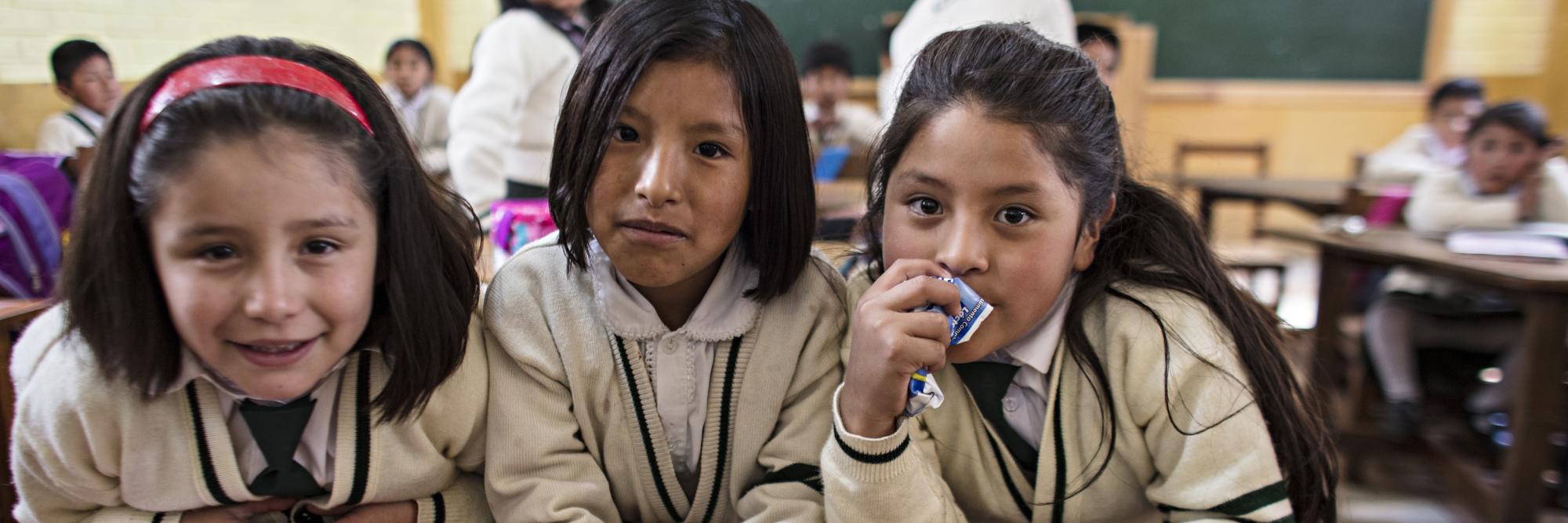

Bolivie
Living healthily and without violence
- Project duration:
Our objective:
To empower individuals and communities to demand and enforce their rights to health and a life free from violence for women and girls, by promoting dialogue, citizen participation and collective advocacy.
Our actions:
- Strengthening the quality of health services through continuing education for health personnel and the development of integrated care protocols for non-communicable diseases and gender-based violence.
- Adopting positive, family-centred, community-based and intercultural approaches to health, incorporating the promotion of positive masculinity and relationship models based on positive treatment.
- Promoting mutual aid and support among victims and patients through patient-centred services tailored to the needs of communities.
- Integrating health education into school curricula and raising awareness among the general public through health promoters.
- Training young leaders and community actors to promote health among their peers.
- Connecting people at risk in terms of mental health with the appropriate health services and actors.
- Advocating with authorities and on local and national platforms to improve access to and use of health services.
Our impact
This project contributes to improving the quality and accessibility of care, preventing chronic diseases, reducing gender-based violence and promoting an inclusive, participatory and human rights-based health culture.
FAQ
We advocate a person-centered approach to care by involving the community in identifying, prioritizing, planning and monitoring their health needs. Other innovative community approaches are being implemented to give voice to the community and share experiences (discussion and consultation groups with health personnel and health authorities, patient clubs, etc.).
You can contribute by making a donation, becoming a volunteer, or supporting the dissemination of good medical and social practices.
We adopt an integrated approach combining training, community awareness-raising, strengthening of health structures and advocacy with the public authorities.
The lack of awareness, the cost of treatment and the scarcity of appropriate healthcare facilities are the major challenges to be addressed. Louvain Coopération is working to integrate NCDs into national healthcare policies and is working with communities to improve access to healthcare.
NCDs represent a growing burden in developing countries, with major social and economic consequences. Their prevention and management make it possible to sustainably improve the quality of life of vulnerable populations.


